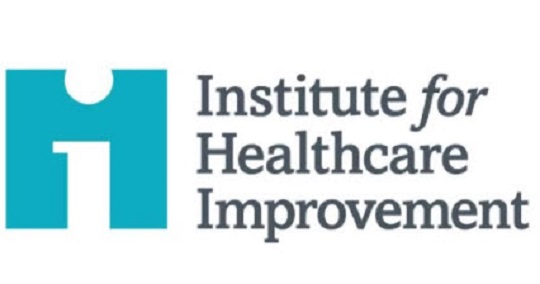With increasing demands on time, resources, and energy, in addition to poorly designed systems of daily work, it’s not surprising health care professionals are experiencing burnout at increasingly higher rates, with staff turnover rates also on the rise. Yet, joy in work is more than just the absence of burnout or an issue of individual wellness; it is a system property. It is generated (or not) by the system and occurs (or not) organization-wide. Joy in work — or lack thereof — not only impacts individual staff engagement and satisfaction, but also patient experience, quality of care, patient safety, and organizational performance.
This white paper is intended to serve as a guide for health care organizations to engage in a participative process where leaders ask colleagues at all levels of the organization, “What matters to you?” — enabling them to better understand the barriers to joy in work, and co-create meaningful, high-leverage strategies to address these issues.
The white paper describes the following:
- The importance of joy in work (the “why”);
- Four steps leaders can take to improve joy in work (the “how”);
- The IHI Framework for Improving Joy in Work: nine critical components of a system for ensuring a joyful, engaged workforce (the “what”);
- Key change ideas for improving joy in work, along with examples from organizations that helped test them; and
- Measurement and assessment tools for gauging efforts to improve joy in work.

